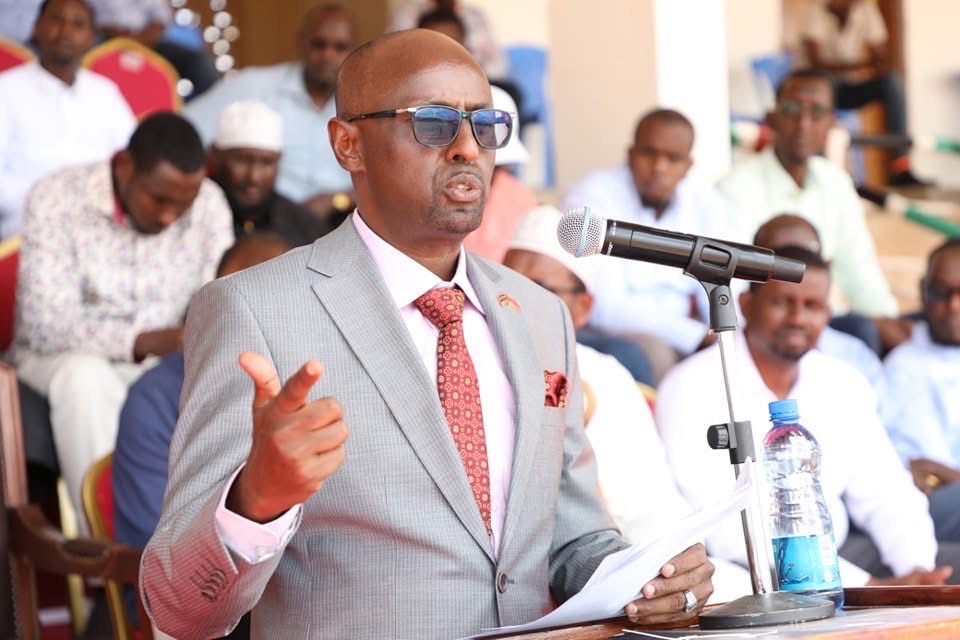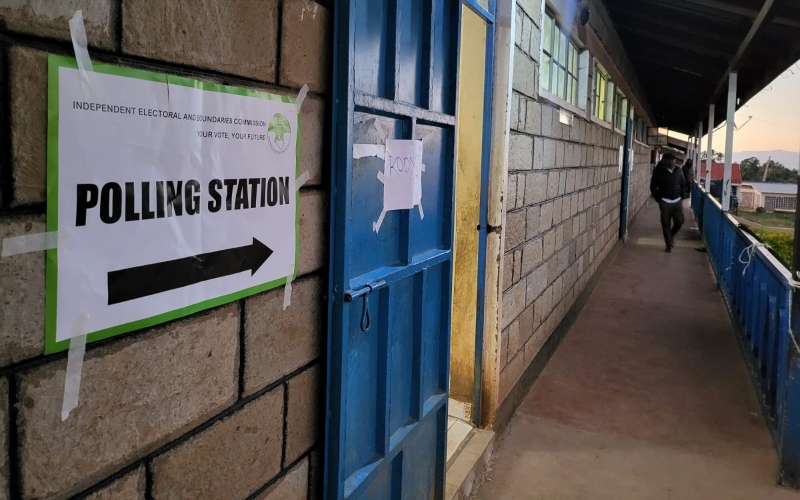Mandera County turns to crop farming as climate change threatens livestock sector

The county government has implemented 18 projects across various sub-counties. These initiatives target irrigation development, water supply systems, flood control structures, and the improvement of farm infrastructure.
In response to the worsening effects of climate change on the livestock sector, Mandera County is shifting focus to crop farming as an alternative means of livelihood to enhance food security and build community resilience.
Speaking during the Madaraka Day celebrations held in Mandera Town, Deputy Governor Ali Maalim Mohamud noted that climate change has exposed the over-reliance on livestock as a vulnerable economic base for the region.
More To Read
- International Rescue Committee warns millions at risk as drought intensifies across Northern Somalia
- Mandera County Commissioner assures residents of security ahead of Banisa by-election
- City Hall moves to recognise urban farmers in policy review
- What’s at stake in the COP30 negotiations?
- Major global emitters off track, no country strong enough to meet climate targets - report
- African activists rally and challenge COP30 agenda
“Over-dependence on livestock left the people of Mandera helpless and devastated during the long cyclic drought,” said Dr Ali.
To counter this, the county government has implemented 18 projects across various sub-counties. These initiatives target irrigation development, water supply systems, flood control structures, and the improvement of farm infrastructure.
Among the completed projects are the Burabor Farms irrigation pipeline and the Neboi Farm flood control structure in Mandera East sub-county. Others include the desilting of water pans and the installation of irrigation pump-sets in Banisa, as well as the opening of irrigation canal access and the solarisation of Kalicha Farms in Mandera North.
Dr Ali also highlighted ongoing initiatives, such as the installation of irrigation infrastructure in Yabicho and the construction of a gabion wall at the flood-prone Shantoley Irrigation Scheme.
“Due to these efforts, irrigated land area in Mandera County expanded by 4.3 per cent from the baseline irrigated area,” he said.
In addition, 1,187 farmers have been trained on climate-smart agriculture, pest management, soil conservation, and post-harvest handling through collaboration with development partners.
Despite the shift towards agriculture, the county has not neglected the livestock sector. Dr Ali said that livestock traders are being empowered through improved market access, with two livestock markets already operational. Furthermore, 7,089 pastoralists have been registered under a livestock insurance programme, each currently receiving a Sh6,000 bonus.
“This initiative will cushion them against climate shocks,” he added
Dr Ali expressed concern over the ongoing climate crisis, noting that prolonged droughts followed by devastating floods have compelled the county to prioritise food security.
“Many families lost their livestock and farmlands, leaving them vulnerable to hunger and malnutrition,” he said.
He revealed that from November 2022 to February 2025, some 240,000 households were under social protection, receiving both food and non-food items.
To strengthen long-term support for vulnerable populations, the county government is in the final stages of enacting the Mandera County Social Protection Bill 2024. The legislation aims to formalise and expand social protection programmes for at-risk groups.
“We are committed to ensuring that no one is left behind as we adapt to the realities of climate change,” Dr Ali said.
Top Stories Today















































